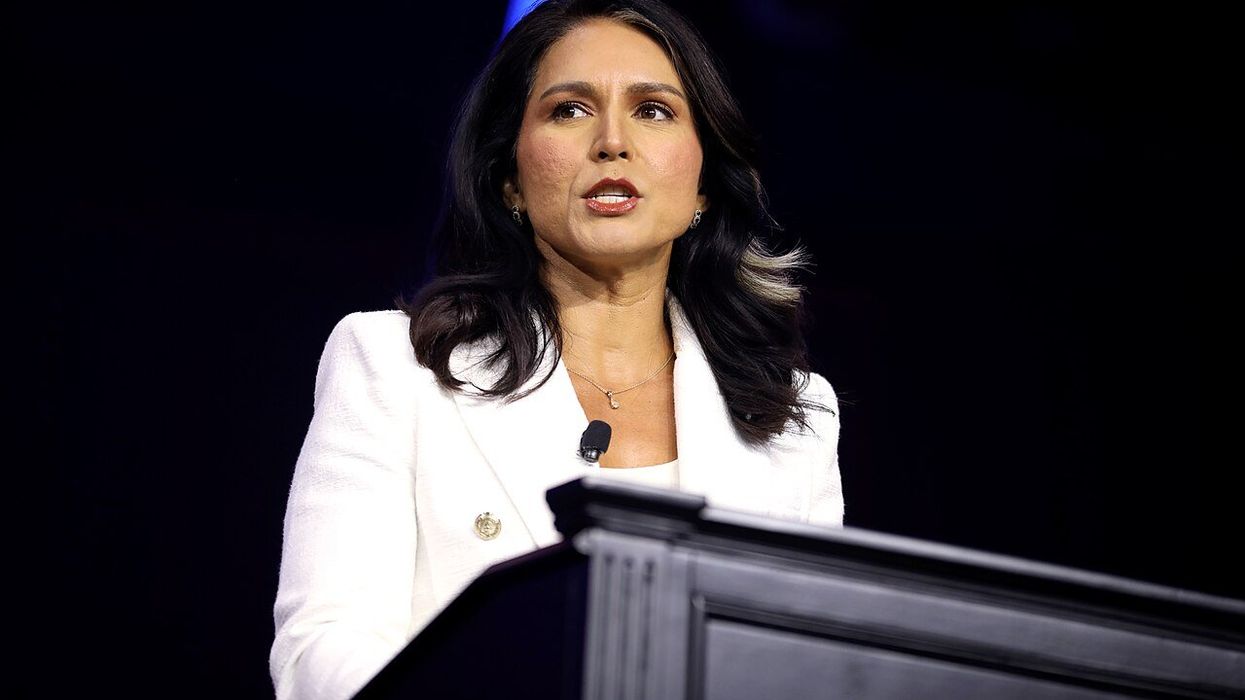Why Trump’s 'recess appointments' scheme has a 'notable downside' for Republicans


Some of President-elect Donald Trump's administration picks are almost certain to enjoy bipartisan confirmations in the U.S. Senate in 2025, including Sen. Marco Rubio (R-Florida) for secretary of state and North Dakota Gov. Doug Burgum for secretary of the interior.
But Trump's more controversial picks, on the other hand, may run into problems from both Democrats and Republicans in the U.S. Senate — including former Rep. Tulsi Gabbard for intelligence director and anti-vaxxer conspiracy theorist Robert F. Kennedy Jr. to head the U.S. Department of Health and Human Services (HHS).
Gabbard is controversial because of comments that were overtly favorable to Russian President Vladimir Putin and the invasion of Ukraine, and her views are so pro-Kremlin that Russian government-operated media outlets have dubbed her "Russia's girlfriend."
READ MORE: Robert Reich: The last tariff increase 'ended up worsening the Great Depression'
Medical expert Dr. Vin Gupta, during a November 26 appearance on MSNBC, slammed RFK Jr.'s anti-vaccine agenda as a recipe for polio and measles to make a major "comeback."
The president-elect has threatened to resort to a process known as "recess appointments" if GOP senators won't get on board with his more controversial nominees. The idea is to force the U.S. into recess, then ram those nominees through regardless of what the U.S. Senate thinks.
But according to Kacper Surdy, a.k.a. Ringwiss — a student known for his expertise on congressional procedure — there is a "notable downside" to Trump's "recess appointments" scheme.
In an article published by the conservative website The Bulwark on November 27, Surdy explains, "When the president sends a nomination to the Senate, after consideration by the appropriate committee, the lawmakers in that chamber can confirm that nomination by a simple majority vote. Only after confirmation by the Senate may the president finally make the appointment. But what if the Senate is not in session, and thus unable to confirm the president’s nominations?"
READ MORE: Trump team dodging Republicans’ concerns about RFK on key issue: report
Surdy continues, "After all, until not that long ago, it was not unusual for Congress to be out of session for a substantial part of each year. In that case, the Constitution allows the president to fill vacancies unilaterally, without the Senate's advice and consent. These are known as recess appointments."
The student goes on to explain why using recess appointments could be problematic for Trump after he returns to the White House on Inauguration Day: January 20, 2025.
"While they allow for executive and judicial posts to be filled in the absence of Congress being in session," Surdy notes, "they come with a notable downside: The appointments expire at the end of the subsequent session of Congress. In other words, any recess appointments Trump makes in 2025 would, in all likelihood, expire at noon on January 3, 2027."
READ MORE: 'Comeback of polio': Expert warns Trump picks will have 'major impact' on public health
Kacper Surdy's full article for The Bulwark is available at this link.